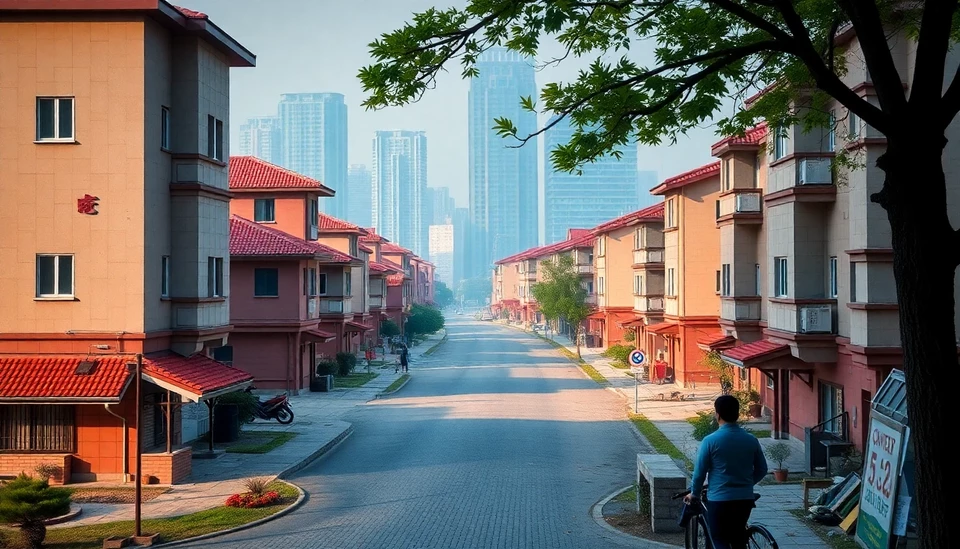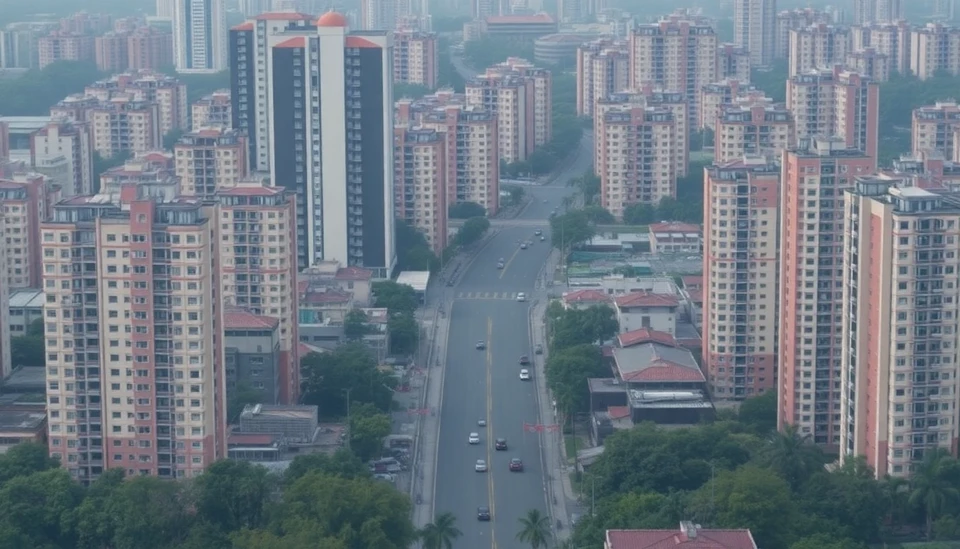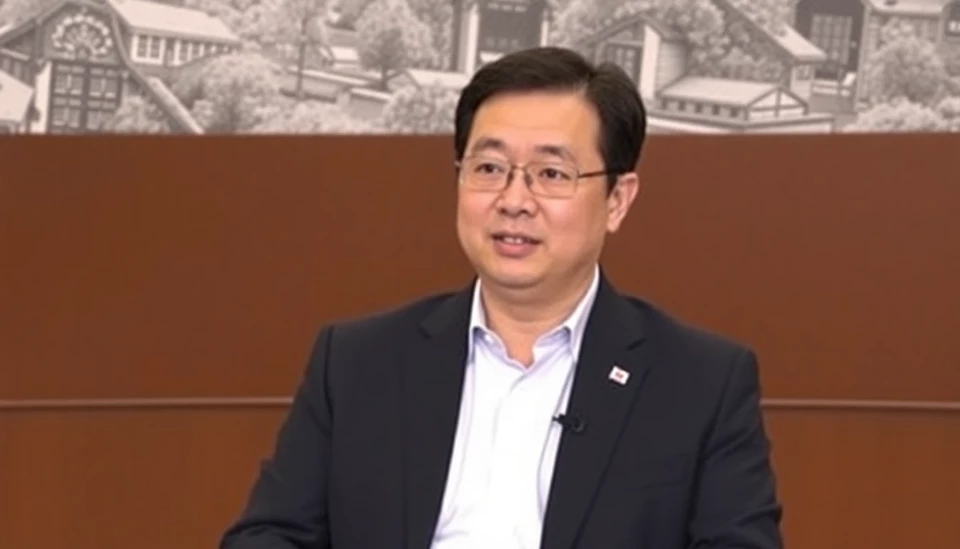
In March 2025, China's housing market exhibited a slight easing of its ongoing price decline, according to recent data released by the National Bureau of Statistics. This development comes at a critical juncture as the country faces potential impacts from looming U.S. tariffs, which could further complicate economic conditions in the region.
The report indicates that average new home prices across 70 major cities fell by only 0.2% month-on-month in March. This drop is less severe compared to the 0.3% decline recorded in February. Experts suggest that this stabilization could signal a gradual recovery within the property sector, which has been mired in challenges such as heightened inflation and stricter regulations aimed at cooling overheated markets.
Geographically, the easing in home prices has been more pronounced in smaller cities compared to larger metropolitan areas. In particular, cities classified as Tier 3 and Tier 4 have reported a resurgence in demand, spurred by government policies aimed at fostering economic growth. For instance, certain local governments have begun to roll out incentives to encourage home purchases, hoping to boost real estate activity in the wake of previous downturns.
However, analysts maintain that the overall housing market remains fragile. The ongoing economic uncertainty stemming from potential U.S. tariffs looms large, raising questions about consumer confidence and spending power. A significant increase in import duties could hamper China's economic growth and affect household incomes, which are crucial for maintaining demand in the real estate sector. Senior economists warn that should tariffs materialize, the benefits seen in March could be short-lived, leading to a renewed decline in home prices.
In light of these developments, the Chinese government is expected to closely monitor housing market indicators and may implement additional measures to bolster the economy. The aim is to mitigate the adverse effects of external pressures while also sustaining the momentum of recovery seen in the preceding months. Such interventions could include lowering mortgage rates or introducing additional subsidies for home buyers.
The complex interplay of domestic economic policies and external trade dynamics will certainly shape the trajectory of China's housing market in the months ahead. Stakeholders, including developers and investors, are keenly observing these trends to adapt their strategies accordingly, reinforcing the close relationship between property prices and broader economic health.
As we move forward, the focus will remain on how both domestic and international factors converge to influence consumer behavior and housing market stability in China.
#ChinaHousing #RealEstateMarket #HomePrices #Economy #USTariffs #HousingRecovery #InvestmentOpportunities
Author: Rachel Greene




